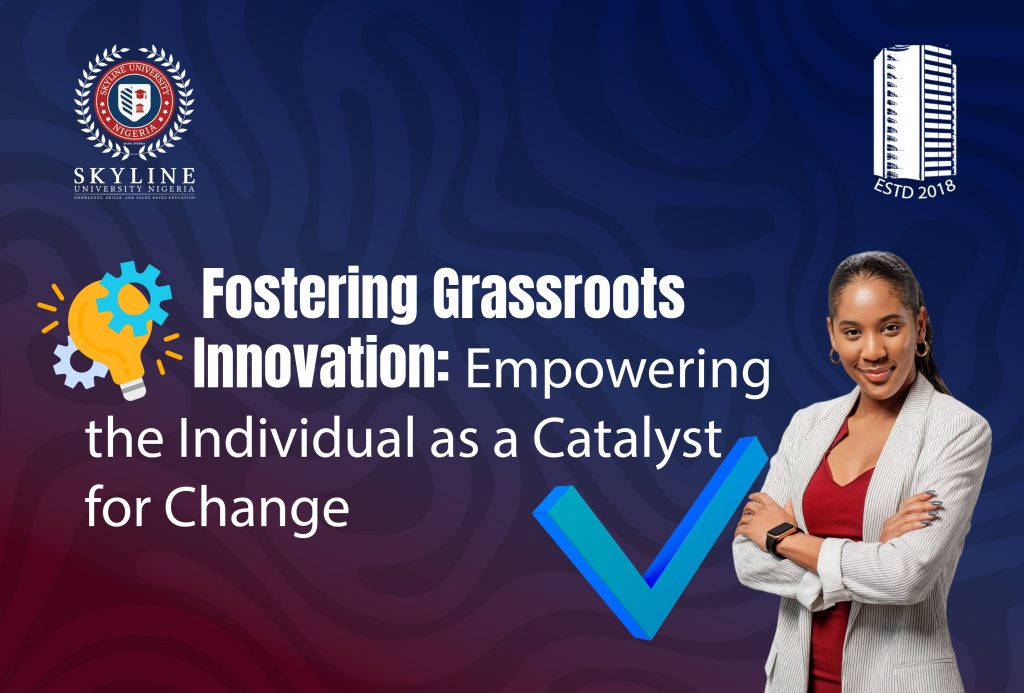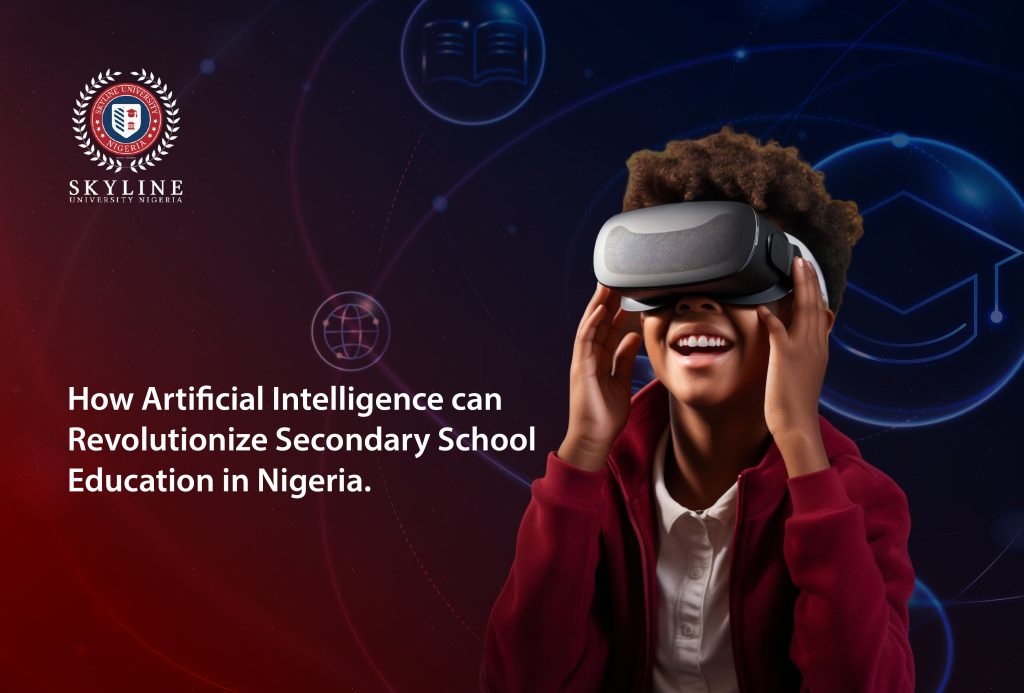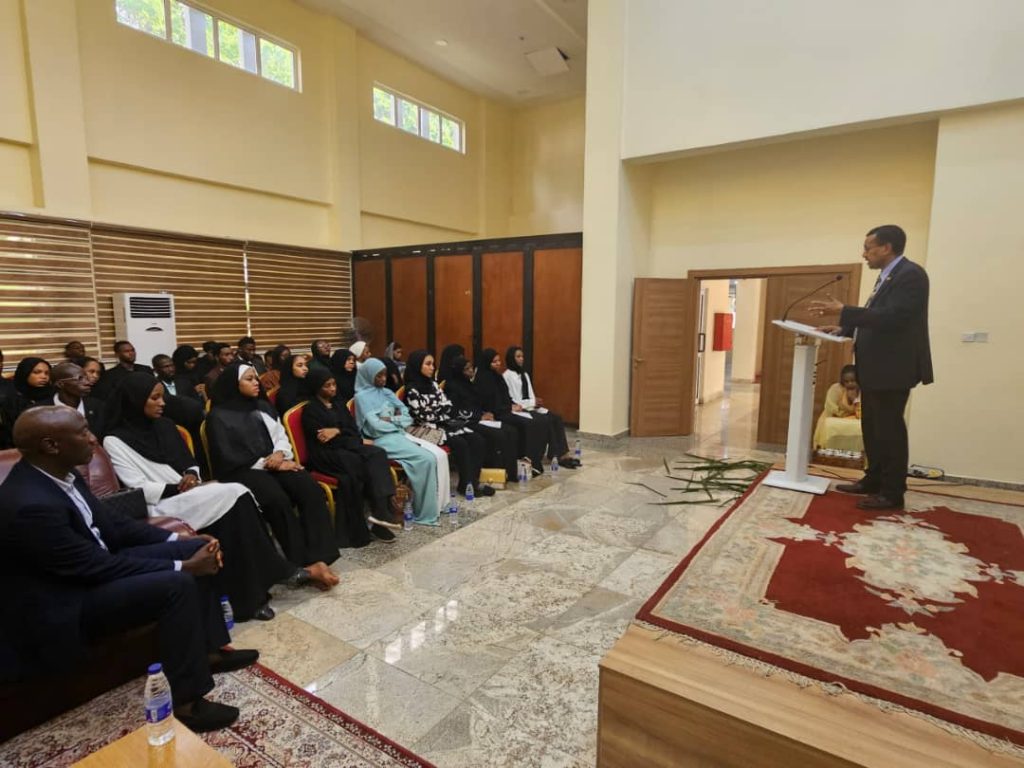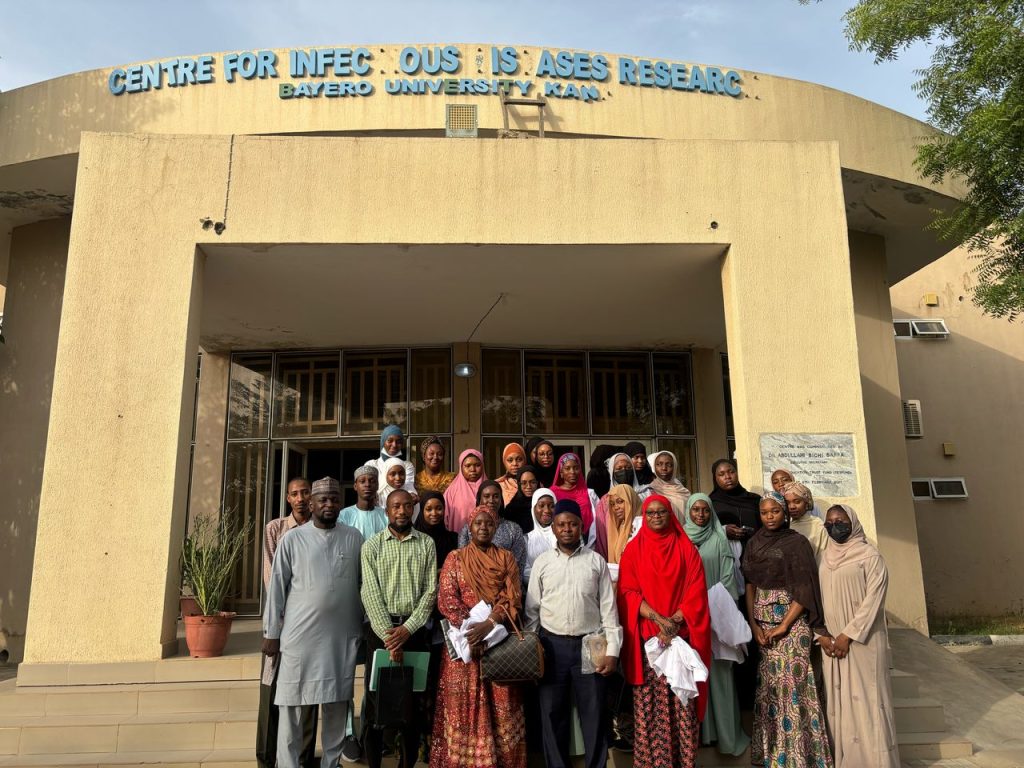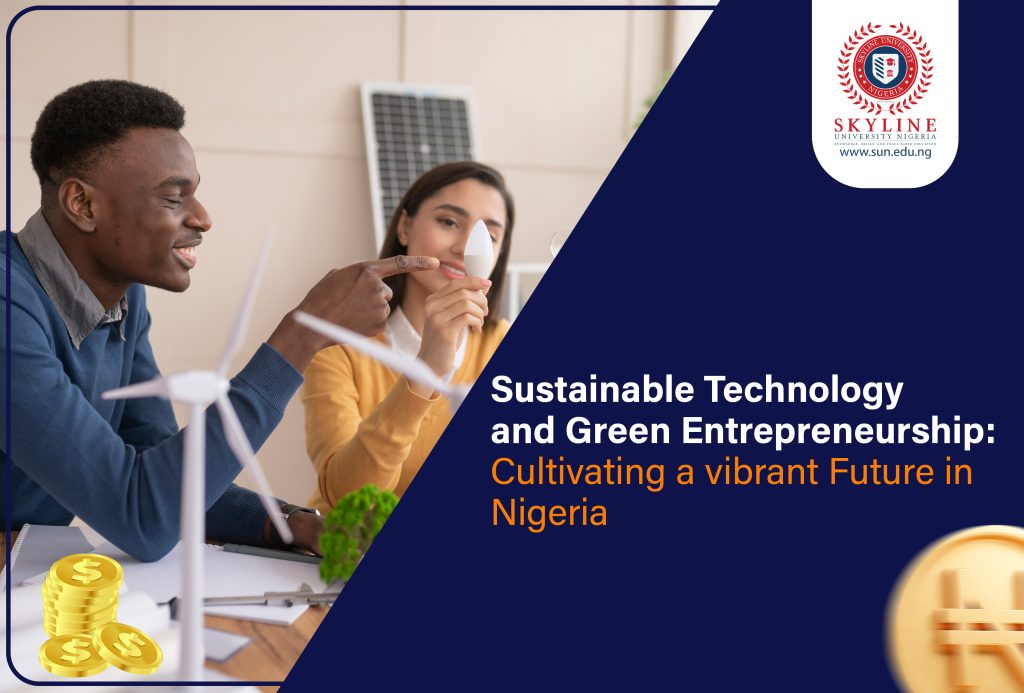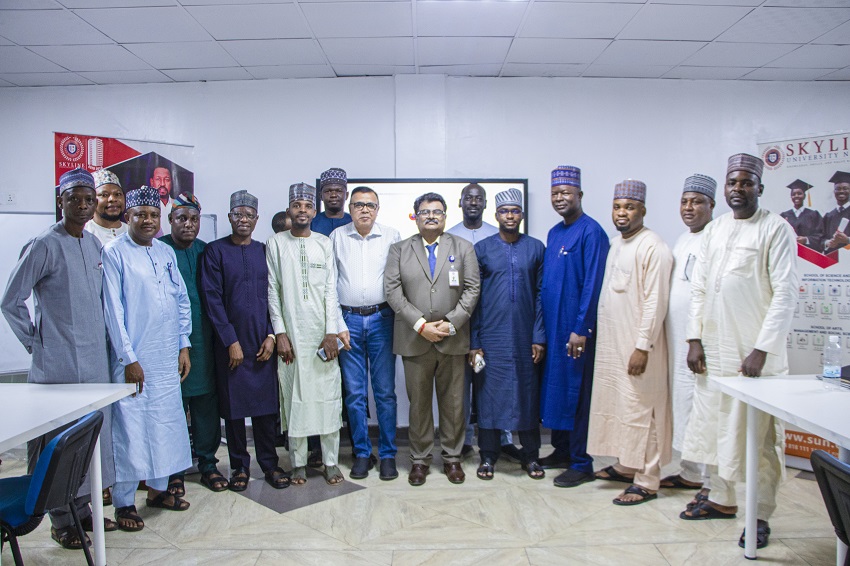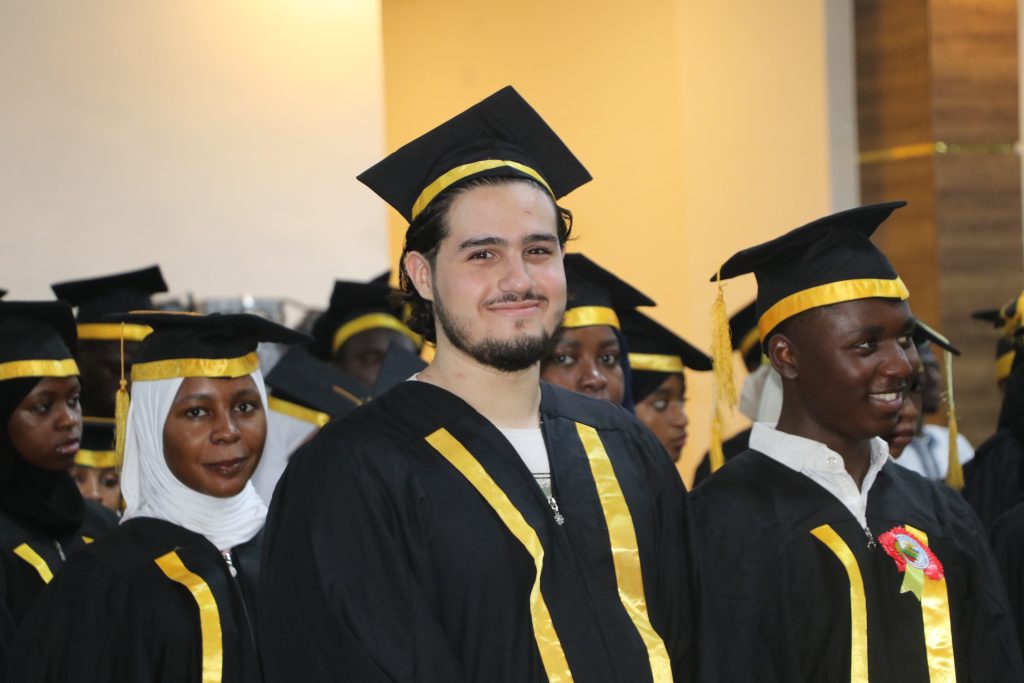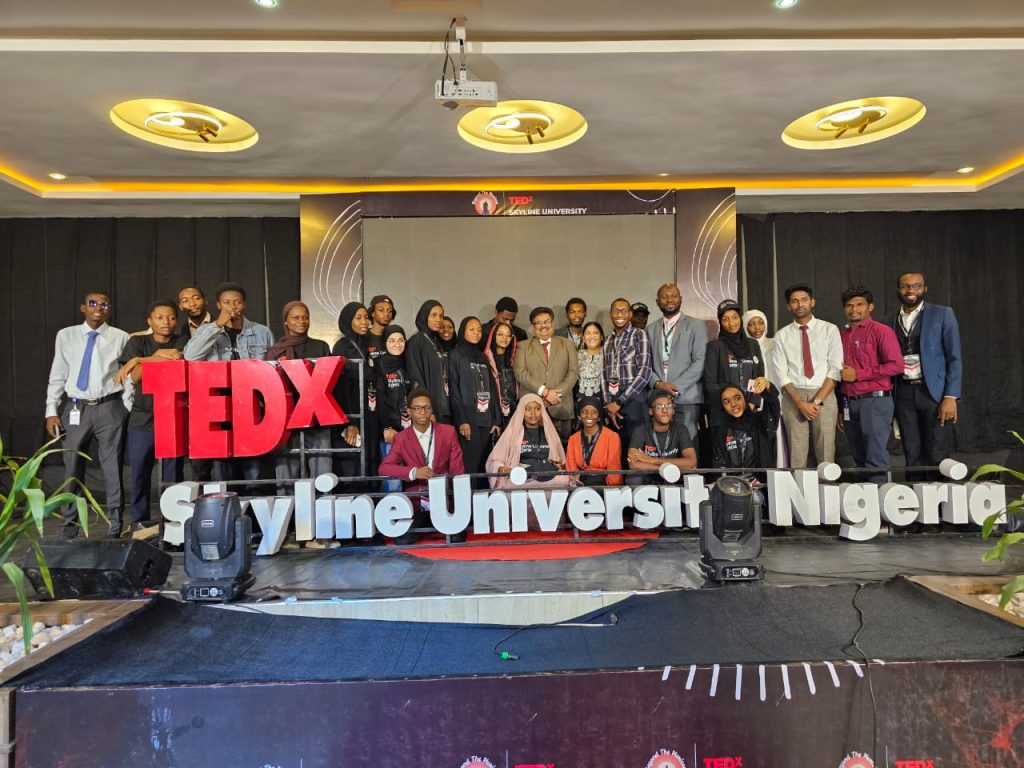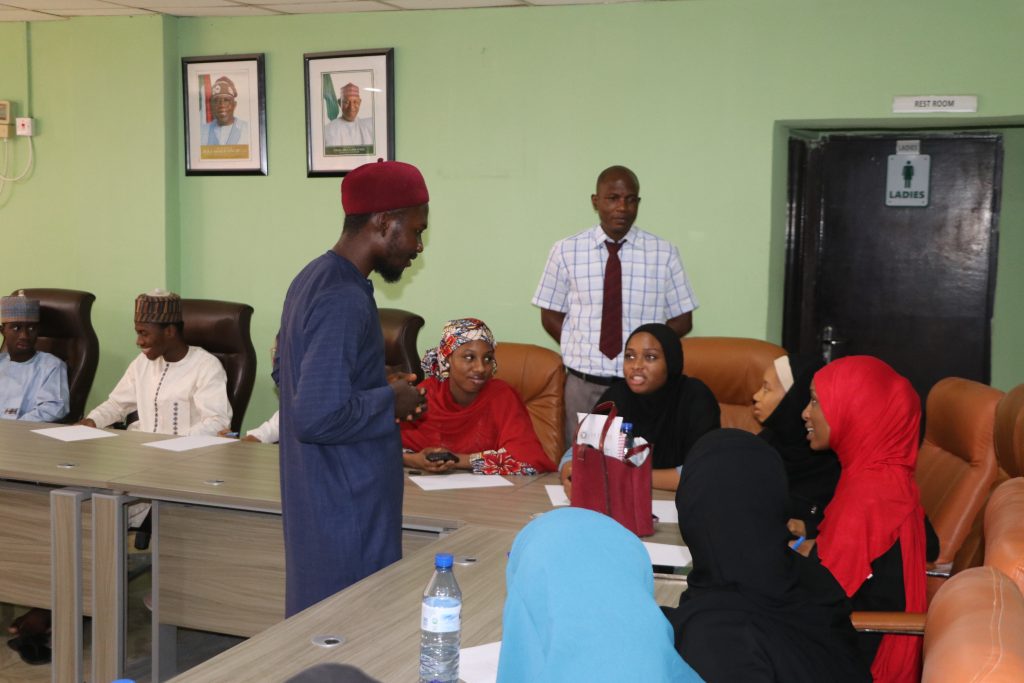Fostering Grassroots Innovation: Empowering the Individual as a Catalyst for Change
Introduction Innovation has normally been associated with high capital expenditures, specialized buildings, and formalized research facilities (Dosi, 1982). However, a closer look shows that most often innovation arises from grassroots action and everyday problem-solving. This position aligns with bottom-up innovation, which is solution-oriented in terms of innovations arising from local necessity and making use of locally available resources (Zajda et al., 2020; Jones et al., 2021). The general premise is that the potential for innovation lies within each individual, particularly among student populations, and may be cultivated by an engaged attitude toward finding and closing perceived gaps. The Genesis of Everyday Innovation The proverbial saying, “Necessity is the mother of invention” (Plato, quoted by Shakespeare, n.d.), illustrates the very essence that drives innovation. For a student, they are constantly beset with problems of logistics, social, or environmental in nature that, while appearing trivial, have a significant impact on their everyday existence. It is in such moments of resistance and unmet needs that the roots of innovation are sown. In the words of Schumpeter (1934), innovation involves the “creative destruction” of existing orders and creation of new combinations. It involves, on the micro-level, rethinking mundane routines, inventing novel solutions to chronic troubles, or leveraging existing resources to the maximum. Examples of such everyday innovation include everything from creating special applications to streamline learning processes, from recycling materials to develop eco-friendly solutions, or from adopting alternative energy sources in a bid to deal with infrastructural limitations. These instances evidently depict that innovation relies neither on extremely sophisticated laboratories nor enormous amounts of funding but on a mindset of inquiry, analytical thinking, and a willingness to challenge the status quo (Valtonen et al., 2023; Valtonen & Lehtinen, 2023). Case Studies: Student-Led Innovation and Tangible Impact The ability of individual initiative to result in great change is attested through several student-led projects. For instance, a report indicates that students in the University of Nigeria, Nsukka (UNN) succeeded in initiating “RecyclArt,” a venture that recycles plastic garbage into eco-friendly furniture (Ejiofor, 2023). Besides fulfilling an environmental goal, this project gives rise to economic empowerment in the sense of job creation, which underscores the ripple impact of bottom-up innovation. Similarly, Ibadan students reportedly developed solar-powered telephone chargers out of waste materials to offset the impact of erratic power supply on their performances (Oyeniran, 2021). Babcock University had one student develop an attendance monitoring lecture application, which soon went across departments (Ogundipe, 2022). More broadly, African developing nations are increasingly looking towards new water technologies, such as solar-pumped water and fog harvesting, often utilizing indigenous knowledge to create sustainable water systems (UN SDGs, n.d.). These illustrations highlight a number of key features of student-led innovation: resourcefulness, wherein innovators use scarce resources to develop efficient answers; problem-orientation, as a result of close exposure to, and wish to solve, particular issues; proactive action, wherein students create chances actively rather than simply waiting for solutions to appear; and scalability, wherein early, focused solutions frequently have the potential to be applied and extend their impact more widely. These experiences entice social entrepreneurship models where the individual identifies social problems and comes up with innovative solutions to address them, often serving as a dual bottom line of sustainability and social contribution (Venkatesh Mukesh et al., 2024; Zlateva, 2024). Cultivating the Innovator’s Mindset: A Practical Framework While not everyone would be “innovators by birth,” innovative thinking can be developed and constructed (Sternberg, 1985). The initial step in doing so is to develop an increased sensitivity to the surrounding environment and to observe where innovation can take place. This involves a shift from simply observing to actually questioning: “What’s a problem that irks me on a regular basis? How do I fix this?” (Drucker, 1985). Subsequent stages are ideation, brainstorming concepts without worrying about their initial viability, encouraging venturing out of conventional thinking patterns and embracing seemingly unorthodox solutions (Albar & Southcott, 2021). Prototyping and iteration follow, embracing early versions being incomplete or even collapsing. The history of innovation is replete with examples of iterative development, mistakes offering lessons that make later attempts better (Christensen, 1997). The mentality, “Start where you are. Use what you have. Do what you can” (Arthur Ashe, as cited in ESPN, n.d.), encapsulates this pragmatic strategy. Finally, team work and feedback are also critical because dialogue with other students, mentors, and potential users to get feedback and refine solutions guarantees that innovation is never one individual’s effort, while constructive criticism has the power to leave a lasting legacy on the quality and practicability of an innovation (Beni, 2021; Nurturing Innovation, 2024). Beyond the Individual: Collective Impact and Legacy Individual problem-solving extends beyond personal ease; it creates a shared impact. Every in-place solution has the possibility of diminishing loads for a greater population, therefore magnifying its impact and having a legacy for good (Rogers, 2003). This perspective challenges the notion that only large impact is left to founded organizations or post-graduation activities. As Steve Jobs once famously advocated, “The people who are crazy enough to think they can change the world are the ones who do” (Apple Inc., 1997). Empowering individuals, particularly students, to have faith in their own capability to solve problems brings about an abundance where improvement and adaptive solutions are the way of life. It provides one with the confidence of belief in oneself to be able to bring about change regardless of socioeconomic background or resource availability. The core requirement is belief in the potential for transformation by the mind, hands, and heart. Conclusion Last, innovation is not an abstract world but an actual capability that resides within every individual. By shifting the limelight from grandiose, institutionalized endeavors and focusing it on the location and empowerment of neighborhood problem solvers, particularly students, we can access an enormous reservoir of creative potential. The individual who has successfully passed over a challenge for others, created a solution from limited resources, or located an optimized process has truly demonstrated innovative capacity. The mandate is not to innovate, but
Fostering Grassroots Innovation: Empowering the Individual as a Catalyst for Change Read More »

